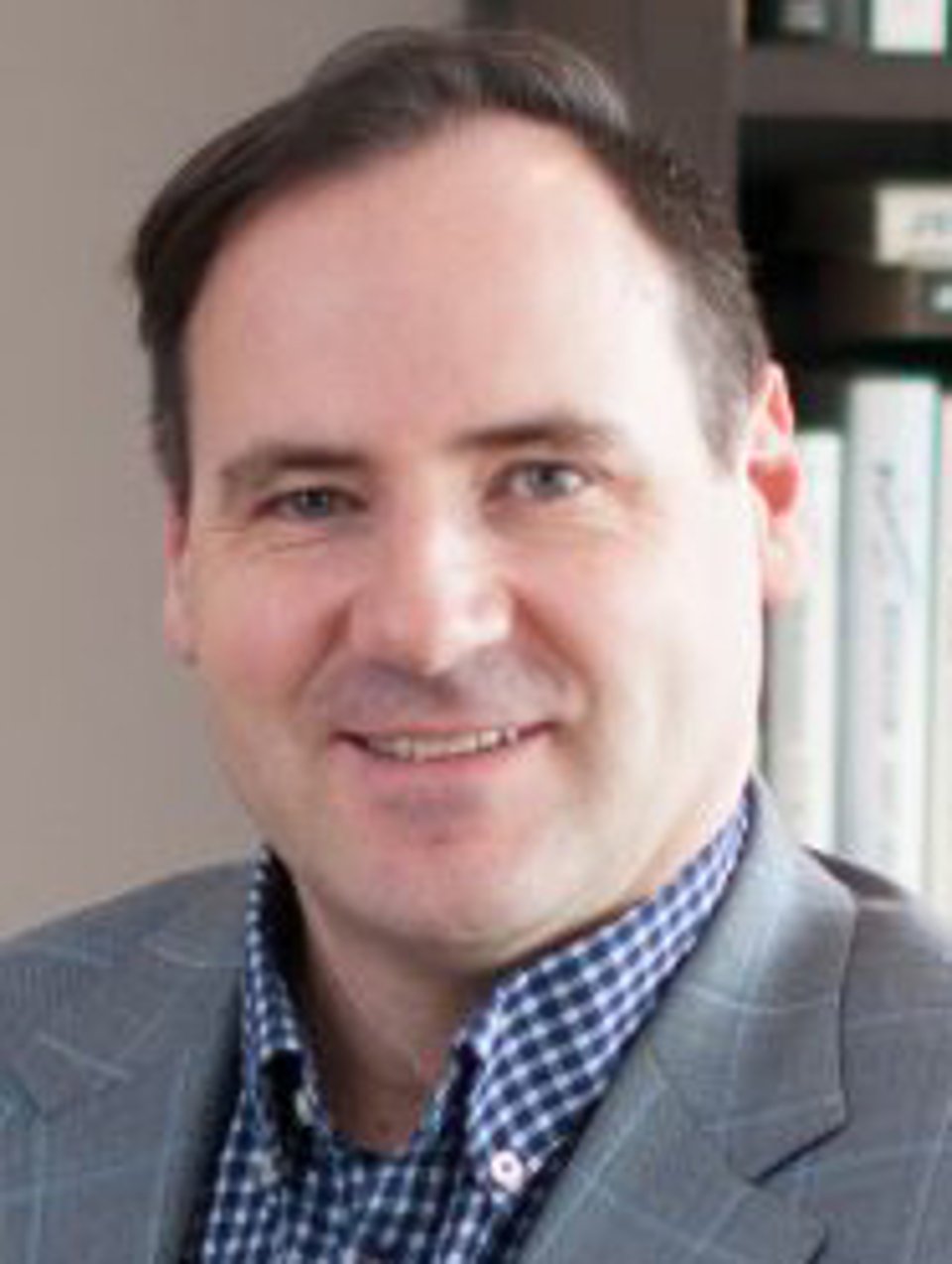Physician compensation: are OHIP payment increases the only solution?
The Ontario Medical Association recently provided the government of Ontario with a series of well-thought-out recommendations designed to help physicians. Some, such as reducing red tape to free up more time in the busy day of Ontario doctors would allow for more billable time.
Due to increasing fiscal pressures, the government’s maneuverability in terms of solving issues with larger injections of taxpayer money appears to be diminishing. Without giving up on the hope that a more compelling case is made to politicians and senior servants that our health professionals (especially those operating under the fee for service care delivery model) should be able to bill higher rates for OHIP-listed services, one should also consider other ways to increase physician compensation.
It is well-known in financial planning circles that true wealth isn’t only determined by “top-line revenues” (e.g. how much did I bill OHIP?) but by the net, after-tax take-home pay that a health professional can count on, once all expenses and taxes have been fully factored in. While there may be many ways to reduce the “expenses” that come with running a medical practice, this article only deals with the single largest expense of all and the greatest destroyer of wealth: taxation.
Could physicians take immediate steps to greatly reduce the tax paid upfront and thus preserve more of the scarce OHIP income generated by their efforts? The answer is “yes” and yet evidence suggests most physicians continue to pay significantly more tax than they ought to, in part because of the dearth of information about pension solutions. While most Ontario physicians found a way to reduce immediate personal taxation by interposing a medicine professional corporation to receive the OHIP taxable revenues (often moving from a 53.5% to 26.5%—or lower—tax rate), too many keep retained earnings invested passively where the growth thus generated can be taxed at 50.2% (interest income, foreign dividend income) or lower before being taxed one last time when paid out to the doctor in the form of a dividend.
Incorporation is definitively a step in the right direction if the intent is to cut down the immediate tax leakage that saps the life force of the physician’s financial strength, but it is not sufficient. Some funds earned by the corporation could then be contributed to a registered pension plan where these same dollars could now increase in value (by being carefully invested) without any further corporation taxation—until retirement. When a corporation contributes to a pension plan, the OHIP revenues directed into the pension plan are not even subjected to taxation. And because pension contribution limits are significantly larger than those permitted under RRSP rules, the tax relief granted immediately to the corporation amplifies the wealth-creation process.
Viewed from a societal point of view, the Ontario government is not being asked to supply more money for OHIP, instead, both the federal government and the government of Ontario get to collect less tax money because of the enhanced tax-sheltering power of the corporation-sponsored pension plan. This “plugging” of the tax leakage means that the physician is potentially getting richer, faster, or as an economist would put it, the system is becoming more efficient for the producer (the corporation).
This leads to the question of how is it that pension plans allow corporations ways to defer the payment of the tax stemming from the receipt of OHIP revenues? The Income Tax Act (Canada) provides for a litany of tax deductions that simply don’t exist for those who employ RRSPs: purchase of past service, RRSP double dip, special payments, higher annual contributions, interest deductions, fee deductions, and terminal funding. When all of these tax rules are fully implemented for a pension plan, it is not uncommon for the corporation to defer tax three to four times more than when a physician maximizes annual contributions to an RRSP.
The fact that the physician’s service providers do not yet master pension laws or worse, see the use of a pension plan as a threat to other well-known solutions (permanent life insurance for example) does not change the reality that the corporation is voluntarily foregoing tens of thousands of dollars in additional tax deductions every year by avoiding a pension solution.
While the “knee-jerk” reaction of many is to clamor for more funds from the government to solve the very real problem of adequately compensating physicians, a smarter use of scarce resources through the application of pension laws is one creative way to send the problem back to the public purse in the form of reduced tax revenues— with more wealth staying in the hands of the physician and their family.
Doctors of BC currently provides physicians in British Columbia with an annual payment of over $6,900 (can reach $12,600) if the physician can prove they are saving through either an RRSP or a pension plan. Since that payment greatly exceeds the cost of setting up and maintaining a pension plan, associations that advocate for the well-being of physicians should seriously consider making corporation-sponsored pensions (and covered by this subsidy) a mandatory program. This very simple approach would allow Ontario physicians to significantly increase their personal wealth immediately—and without putting additional pressure on OHIP (and the political backlash that comes with such an approach.).
Jean Pierre Laporte is the CEO of INTEGRIS Pension Management Corp. and a recipient of the Queen Elizabeth II Diamond Jubilee Medal for his work in advocating pension solutions for all Canadians. The opinion expressed in this piece are his own.

